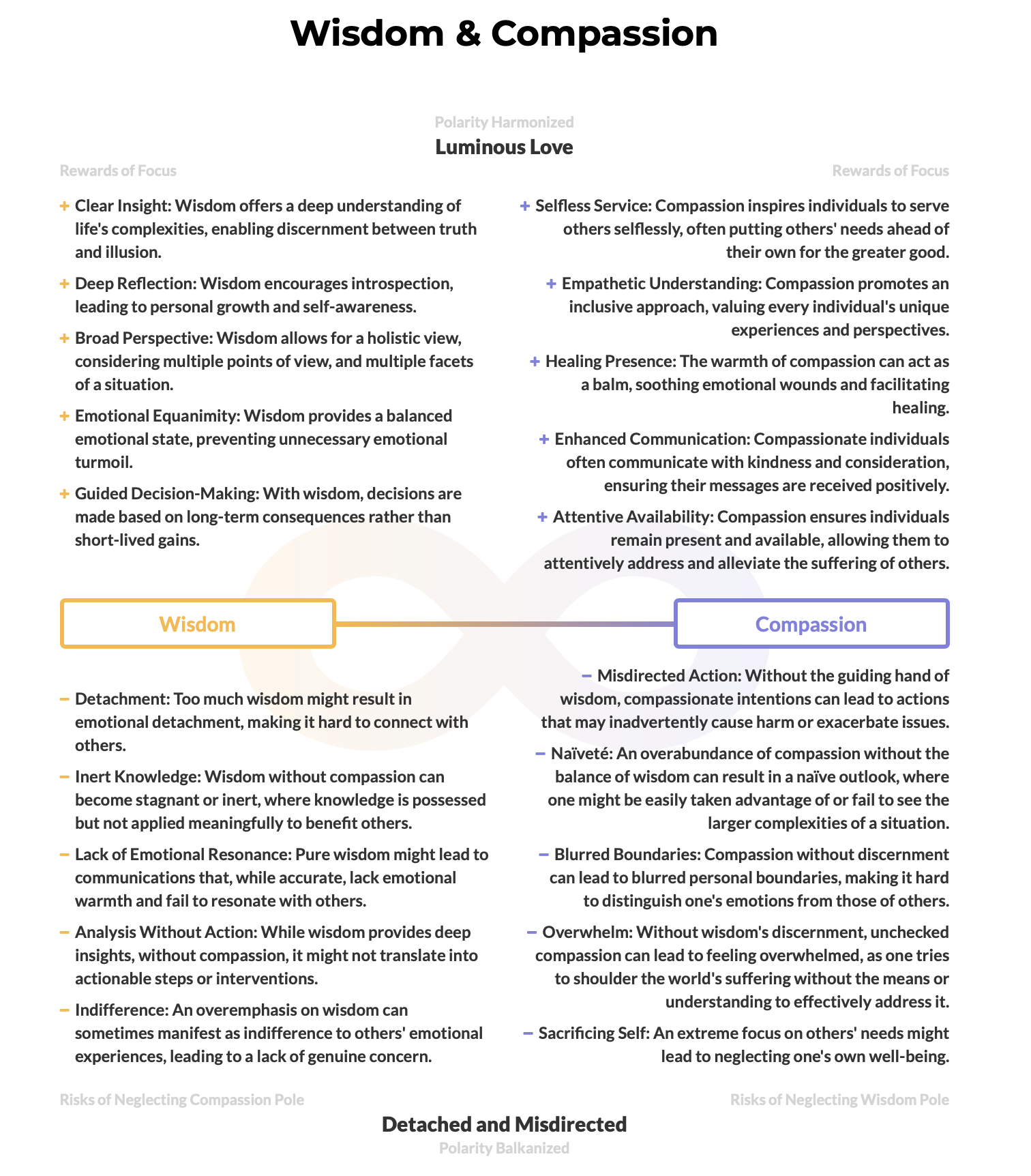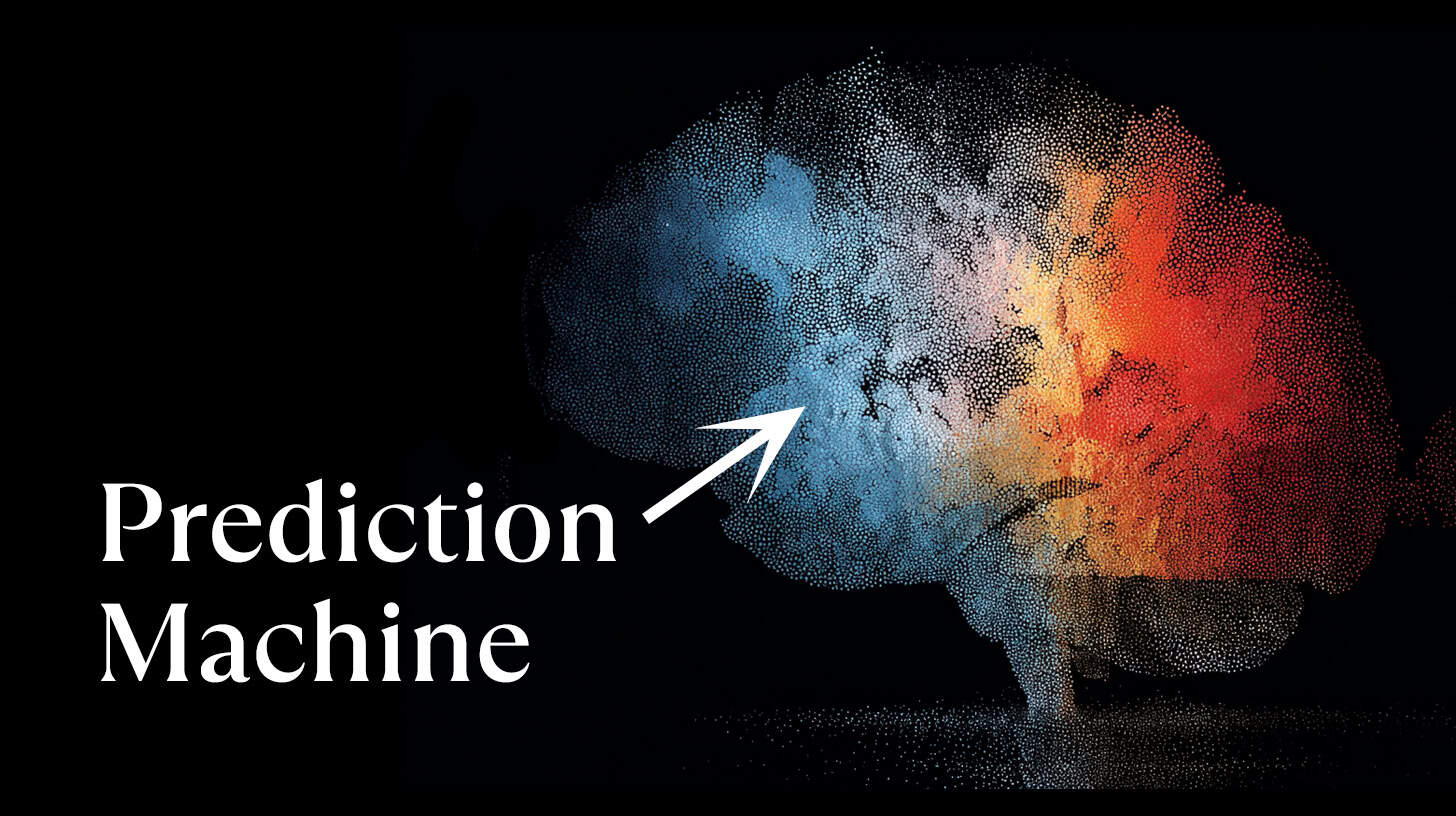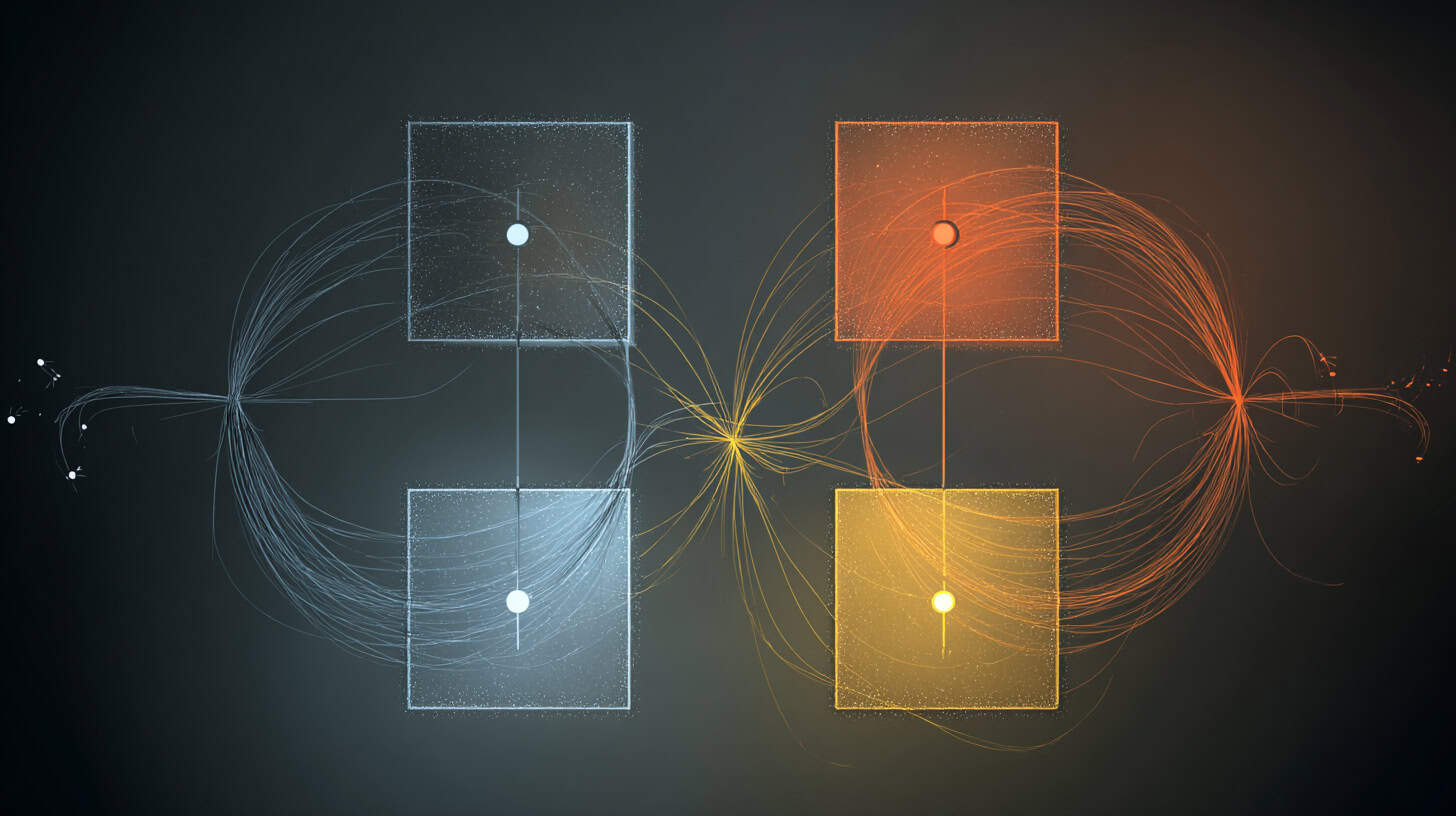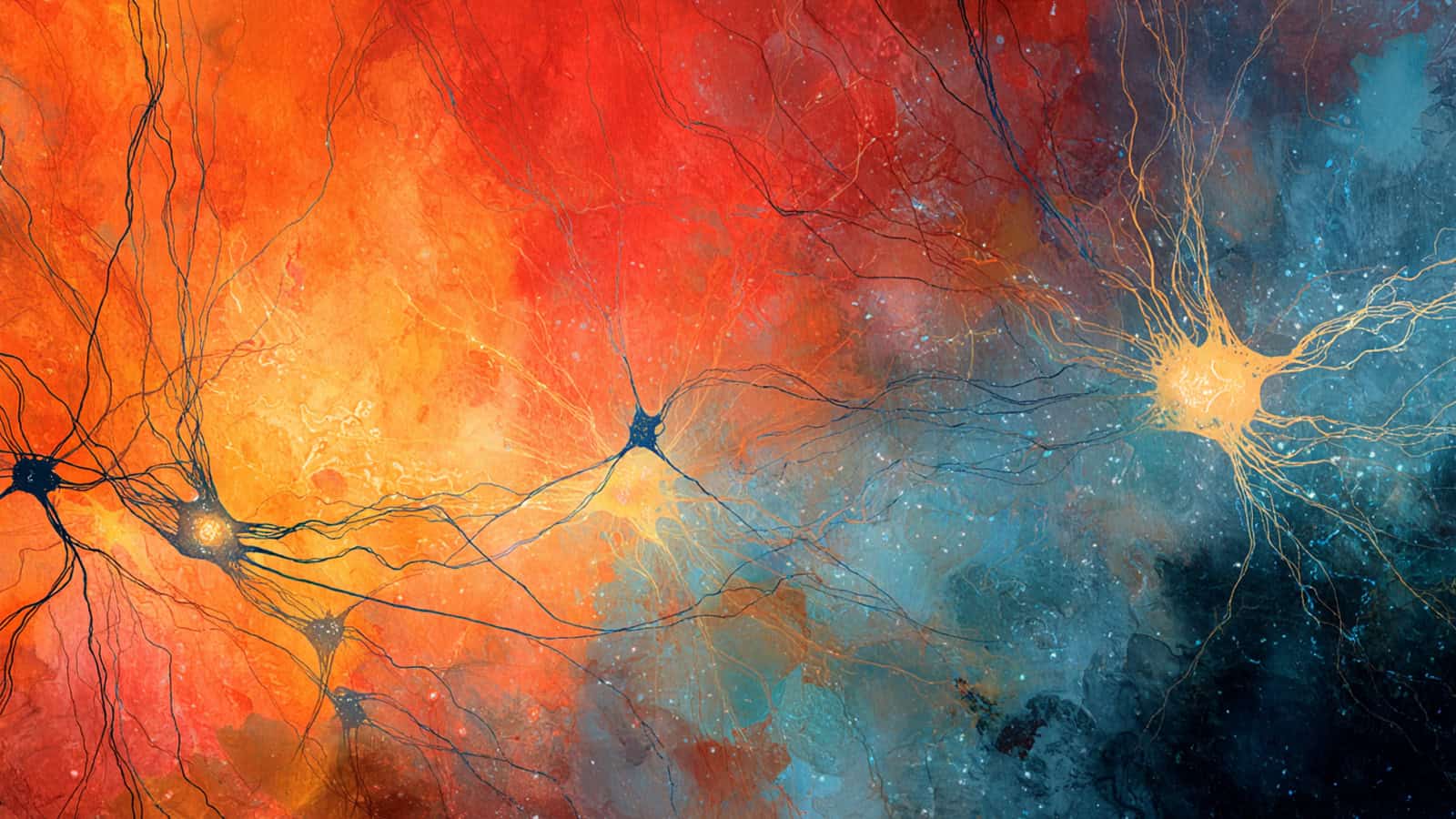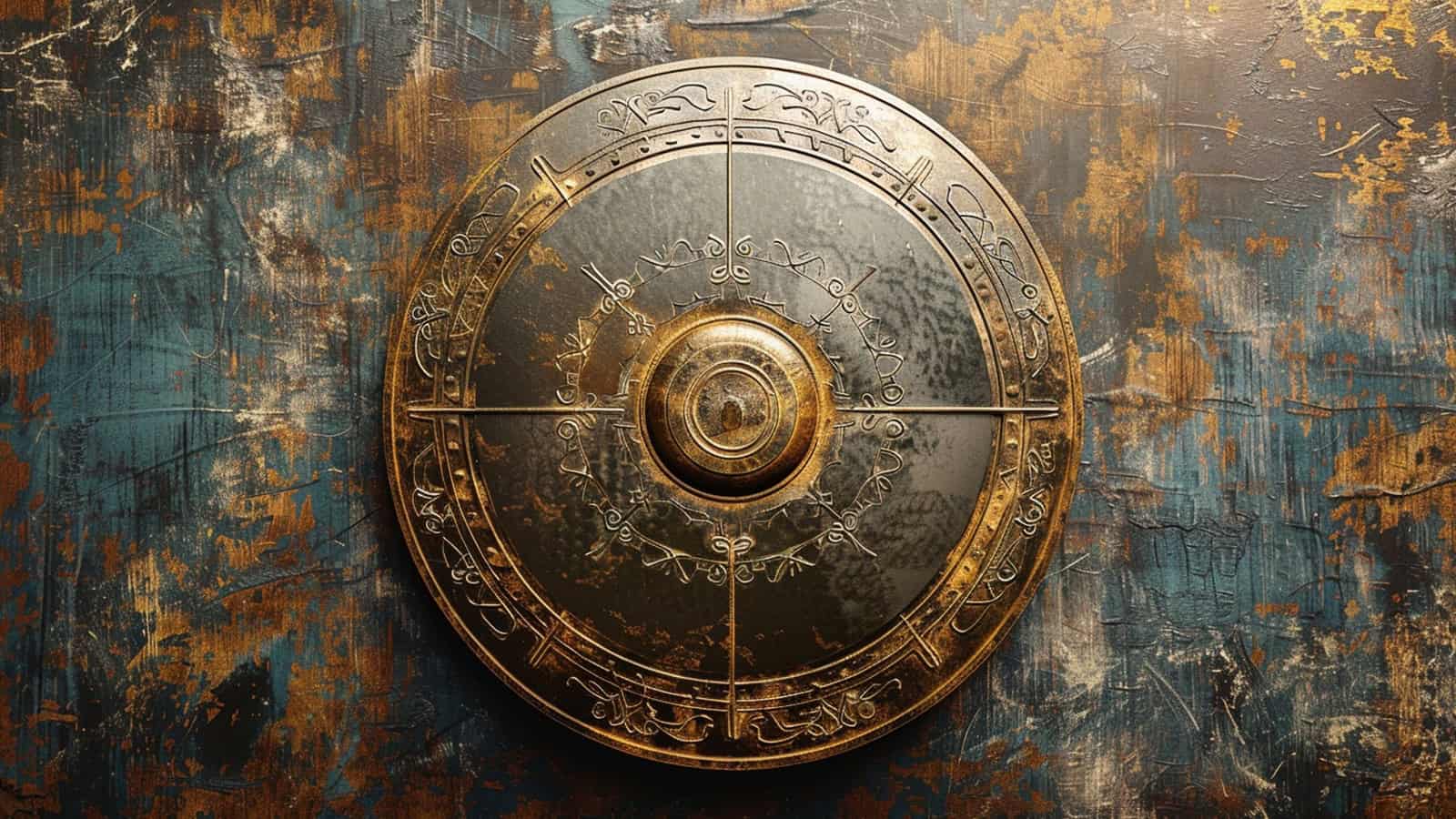Become a supporting member to watch the full conversation
Humanity is entering the Transformation Age, a new era of human civilization, with Integral Consciousness rising at its leading edge. Our members don’t use Integral Life as just another media subscription they use weekly or discard. Instead, most stay with us for years, using Integral Life to learn Integral Philosophy and build an integral mind slowly, methodically and when they need it. We’re here to help you shape the future that’s emerging no matter where your life takes you.
Get Full Access For $1 (7 days)* Or explore all membership plans → * Trial price for the first 7 days, then $20/month. Cancel or switch plans in 2 minutes at any time.Explore the profound intersection of consciousness, responsibility, and human relationships.
Watch as Dr. Keith Witt and Corey deVos delve into the profound interdependence between human development and responsibility, exploring how our deepening self-awareness shapes our relationships and societal roles in an ever-evolving world. At the heart of the discussion is the compelling notion that as we evolve in our understanding and self-awareness, we bear a greater onus to guide, uplift, and positively influence those around us. This responsibility is especially important in the realm of relationships, where the path to trust and understanding is often fraught with challenges, yet rich with opportunities for growth.
This episode delves deep into Keith’s concept of the “Wise Self,” an intrinsic wellspring of wisdom and insight that transcends mere life experiences. This inherent wisdom, juxtaposed with the modern challenges of navigating individualism and societal conformity, paints a vivid picture of the human experience. The talk also addresses the often-unseen barriers we erect, from “fortresses of hostile beliefs” to societal pressures, and offers insights into dismantling these barriers for genuine connection and understanding.
This discussion is not just a reflection on consciousness and relationships; it’s a call to action. It challenges listeners to introspect, to recognize and nurture their innate wisdom, and to actively engage in practices that foster growth, empathy, and authentic connection. In a world where individualism often overshadows collective well-being, this talk serves as a timely reminder of our shared responsibility to contribute positively to the tapestry of human relationships and society at large.
Key Questions:
Here are some questions you can contemplate while listening to this discussion. We suggest you take some time to use these as journaling prompts.
- Conscious Responsibility: In situations of conflict or misunderstanding, how am I taking responsibility to guide the situation towards a positive resolution, given my overall developmental capacities?
- Accessing the Wise Self: How do I recognize and nurture the “Wise Self” within me, and how does it guide my actions and decisions in daily life?
- Trust Foundations: How do I foster trust and openness in my relationships, and what barriers might I unknowingly be putting up that hinder this?
- Illuminating Blind Spots: What might be the blind spots in my perception that hinder my understanding of others and myself? How can I actively seek feedback to illuminate them?
- Authentic Perception: In moments of conflict, how often do I perceive others through the lens of negative caricatures rather than their true selves? How can I challenge these perceptions to see more authentically?
- Dismantling the Fortress of Hostile Beliefs: When faced with disagreements or conflicts, how often do I retreat into a fortress of hostile beliefs, and what strategies can I employ to dismantle these walls and engage in constructive dialogue?
- Assertive Respect: How can I assert my needs and boundaries in a way that respects the rights and feelings of others?
- Navigating Self-Doubt with Grace: How can I harness my feelings of self-doubt and uncertainty as tools for growth, reflection, and humility, rather than allowing them to become barriers to my progress and well-being?
- Deepening Empathetic Bonds: How often do I genuinely engage in empathetic contact, such as maintaining eye contact, to truly connect with others?
- Embracing Conscious Evolution: Given the profound understanding that greater consciousness brings greater responsibility, how can I actively and intentionally evolve my consciousness to contribute positively to my relationships, communities, and the world at large?

Related Polarities
Here are some of the most critical polarities to consider while listening to this broadcast.
The interplay between Confidence and Humility is a dance of self-assuredness and self-awareness. Together, they form a dynamic polarity essential for personal growth, leadership, and effective communication. While both are valuable, their true power is realized when they are harmoniously integrated.
Confidence is the belief in oneself and one’s abilities. It’s the driving force that propels individuals to take risks, assert themselves, and face challenges head-on. With confidence, one can inspire others, make decisive choices, and stand firm in their convictions.
Humility, on the other hand, is the recognition of one’s limitations and the value of others. It’s an acknowledgment that no one has all the answers and that continuous learning and growth are essential. Humility allows for reflection, openness to feedback, and the ability to listen and adapt.
-
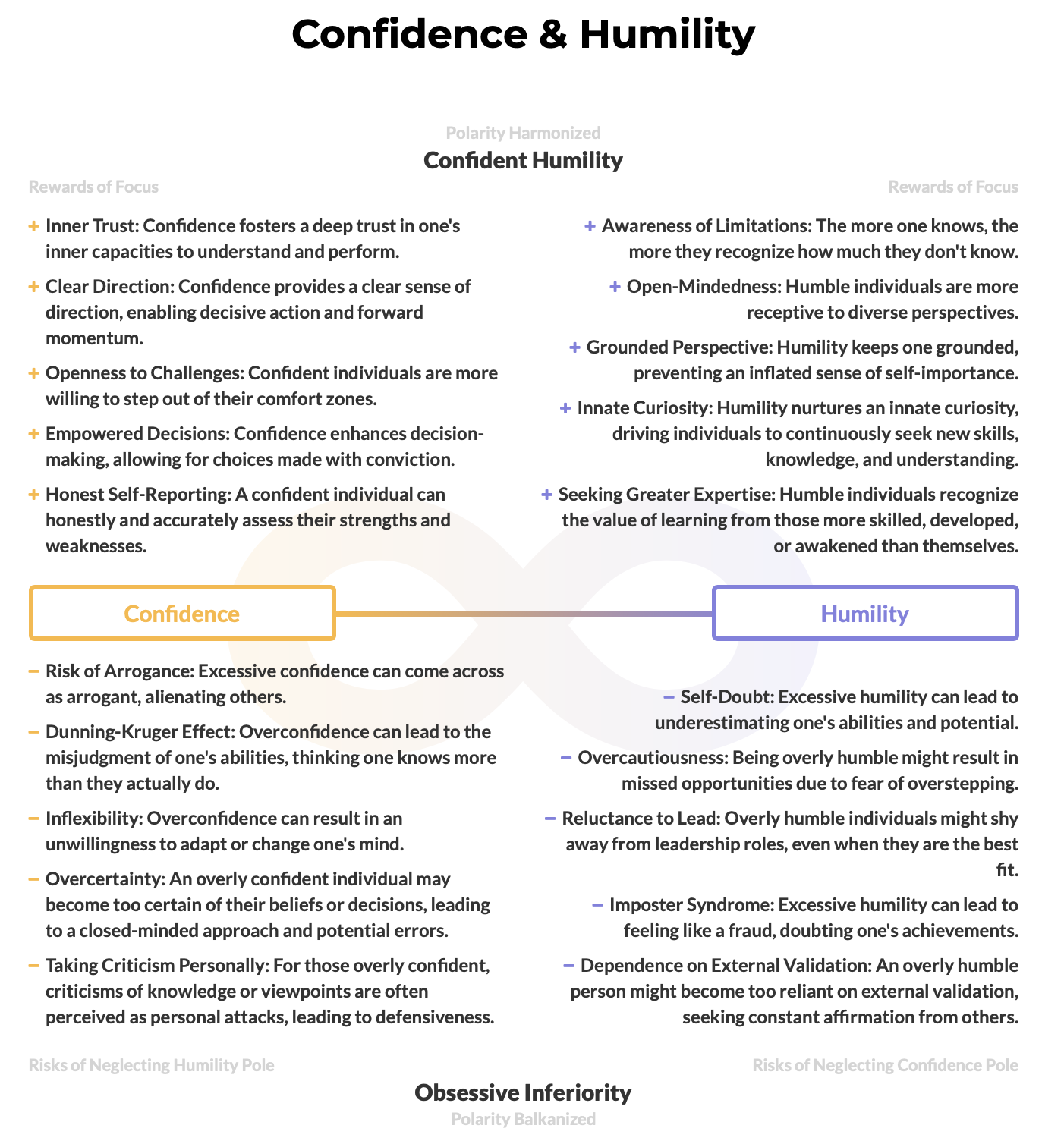
-
Integrated Polarity: Confident Humility
Confident Humility represents the harmonious integration of self-assuredness and self-awareness. It’s a blend of positive self-regard mixed with healthy humility and a recognition of uncertainty. This state allows individuals to hold knowledge, beliefs, identities, constructs, and thoughts lightly, understanding the transient nature of such constructs and not being rigidly attached to them. At the same time, they possess a deep-seated confidence in their ability to reconstruct, adapt, or shift these constructs to align with new realities as needed. Confident Humility enables individuals to act decisively while remaining open to feedback, lead with conviction while valuing the contributions of others, and recognize their strengths while continuously seeking growth. This integrated state empowers individuals to navigate the world with both conviction and adaptability, ensuring they remain grounded yet flexible in their approach to life’s challenges.
Disintegrated Polarity: Obsessive Inferiority
Obsessive Inferiority manifests when the poles of confidence and humility become disintegrated and dissociated from each other. When confidence operates without the grounding of humility, it morphs into overconfidence, which often serves as a mask or overcompensation for underlying feelings of inferiority. This overconfidence can lead to reckless decisions, an inability to accept feedback, and a facade of invulnerability. On the other hand, humility, when devoid of confidence, can lead an individual down a psychological spiral of self-deprecation and excessive self-doubt. Instead of being a source of reflection and growth, it becomes a paralyzing force, making it difficult for the individual to recognize or act upon their strengths. In the state of Obsessive Inferiority, the individual is trapped in a tug-of-war between these distorted versions of confidence and humility, leading to a turbulent inner landscape marked by constant self-questioning and an insatiable need for external validation.
Tips for harmonizing this polarity: If you find yourself leaning too heavily towards confidence, take a moment to reflect on the times you’ve been wrong or made mistakes. Seek feedback from trusted colleagues or friends, and practice active listening without defending your stance. Engage in self-reflection exercises or journaling to explore areas where you might benefit from more humility. On the other hand, if you feel you’re veering too much towards humility, practice self-affirmation exercises. Remind yourself of your achievements and strengths. Engage in activities that boost your self-esteem and confidence, such as taking on new challenges or learning new skills. The key is to oscillate between the two poles, recognizing the value in both and adjusting as needed.
Tips for integrating this polarity: To truly integrate the essence of both confidence and humility, one must engage in continuous self-awareness practices. Start by setting aside time for daily reflection, assessing situations where you exhibited either too much confidence or excessive humility. Engage in role-playing exercises, where you practice responding to situations from both poles. Attend workshops or seminars that challenge your beliefs and perceptions, pushing you to strike a balance between the two. Seek mentorship from individuals who embody “Confident Humility” and learn from their experiences. Remember, the goal is not to suppress one pole in favor of the other but to find a harmonious balance where both can coexist, complementing and enhancing each other.
Previous Episodes of Witt & Wisdom

Become a member to access the full episode
Start building your big picture mind & support the global emergence of Integral consciousness

“Integral Life is the most important and globally-relevant platform for the leading edge of Integral consciousness evolution”
– Eugene P.
About Keith Witt
Dr. Keith Witt is a Licensed Psychologist, teacher, and author who has lived and worked in Santa Barbara, CA. for over forty years. Dr. Witt is also the founder of The School of Love.
About Corey deVos
Corey W. deVos is editor and producer of Integral Life. He has worked for Integral Institute/Integal Life since Spring of 2003, and has been a student of integral theory and practice since 1996. Corey is also a professional woodworker, and many of his artworks can be found in his VisionLogix art gallery.


